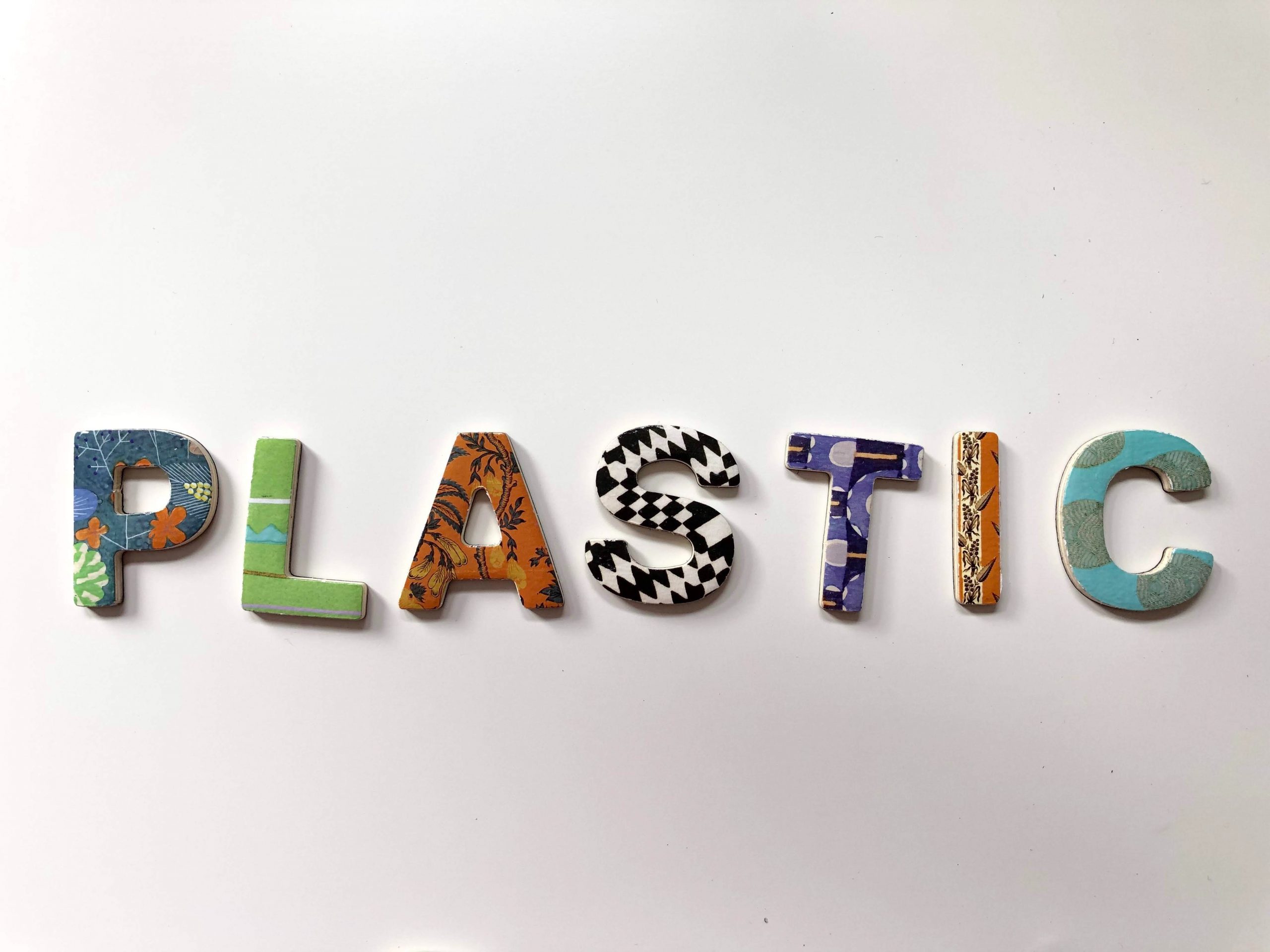The pandemic has disrupted supply chains and shifted demand and supply of goods. As a result, manufacturers are stepping up to try to piece together the fragmented supply chain and fulfill an increased demand in goods. Many of these goods consist of plastic, including PPE (gloves and masks) and plastic packaging for consumer-packaged goods (food and cleaning supplies).
To add to the pandemic, low oil prices do not help the cause, as it’s cheaper for plastic manufacturers to purchase oil to manufacture virgin plastics, rather than purchasing recycled plastic.
A 2019 study claims that global plastic production has quadrupled over the past four decades, and if this trend continues, plastic manufacturing will make up 15% of greenhouse gas emissions by 2050. Another aspect to consider is that only 14% of plastic is collected for recycling globally, with the rest ending up in landfills and oceans. As a result, we are seeing an increased amount of microplastics end up in our ecosystems.
At the current rate, the total amount of plastic waste in the oceans will weigh more than all fish by 2050. Microplastics, in general, are harmful to the environment – even posing a threat to public safety.
Leaders in the space will push to resolve these issues in different ways.
Going forward, we will be seeing a push to resume efforts to reduce plastic usage:
- Policies to limit and ban (manufacturing) plastic, such as plastic bags
- Design changes to reduce plastic, like Starbucks redesigning its lids
- Materials innovations to create biodegradable packaging
- Technologies to further plastic recycling and decomposition
- Creation of circular economy ecosystems
Companies have already been fighting this cause, and it looks like others will follow.
About The Author

Daniel currently works at Lawrence Livermore National Laboratory. His original assignment was to maintain and update facility safety documentation for all facilities on-site, and perform risk analysis. Over time, his role has expanded to leading continuous improvement efforts through product management.
Concurrently, Daniel volunteers with Techstars, helping organize startup weekends, and with the American Institute of Chemical Engineers, organizing events on the local and national levels of the organization. He also volunteers with One World, and previously with Powerhouse Ventures, to source and screen startups for potential investment.
Daniel holds a BS in Chemical Engineering from UC Davis, and recently completed coursework in energy innovation from Stanford. His passion is at the intersection of sustainability, innovation, and business.

